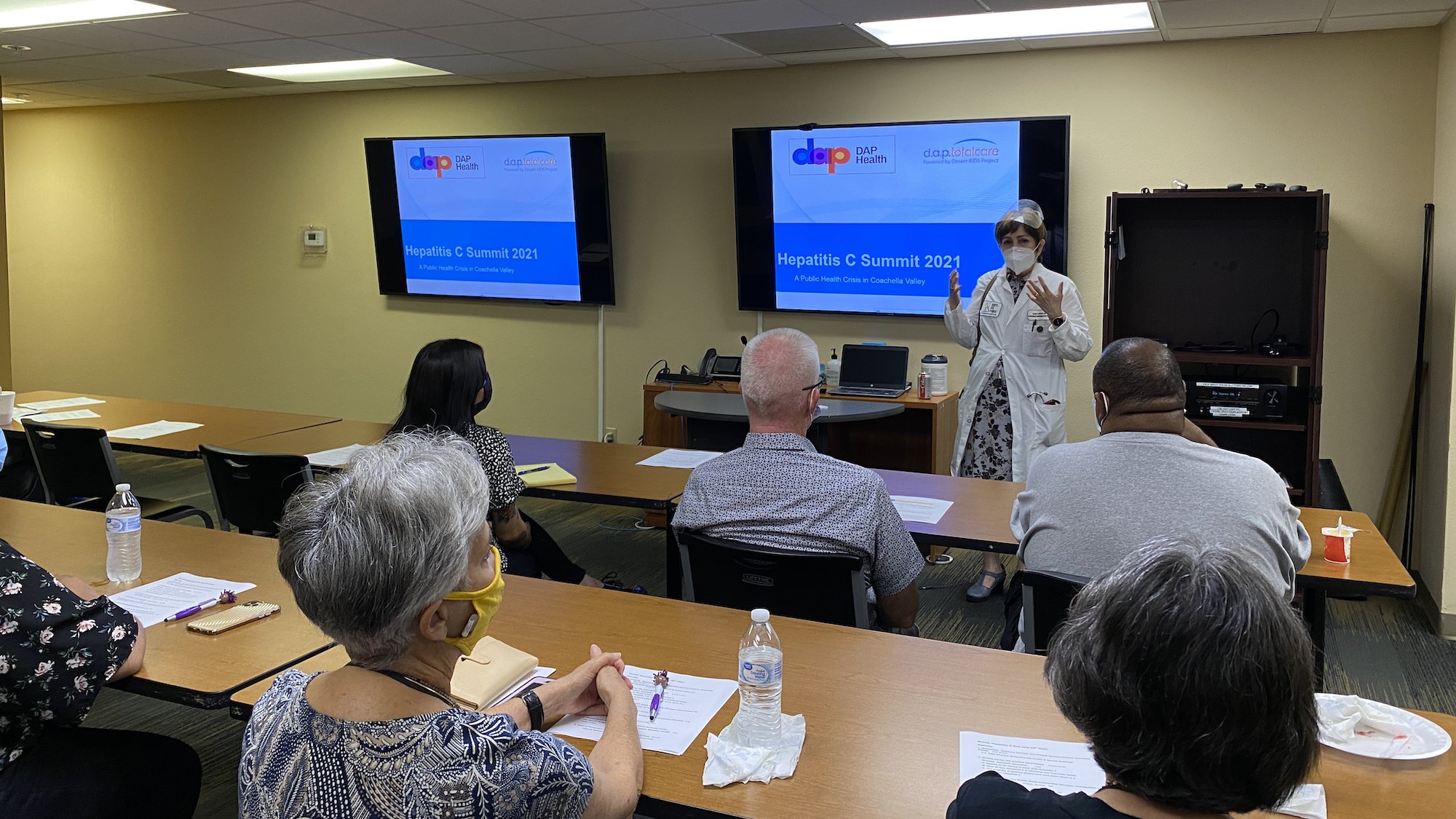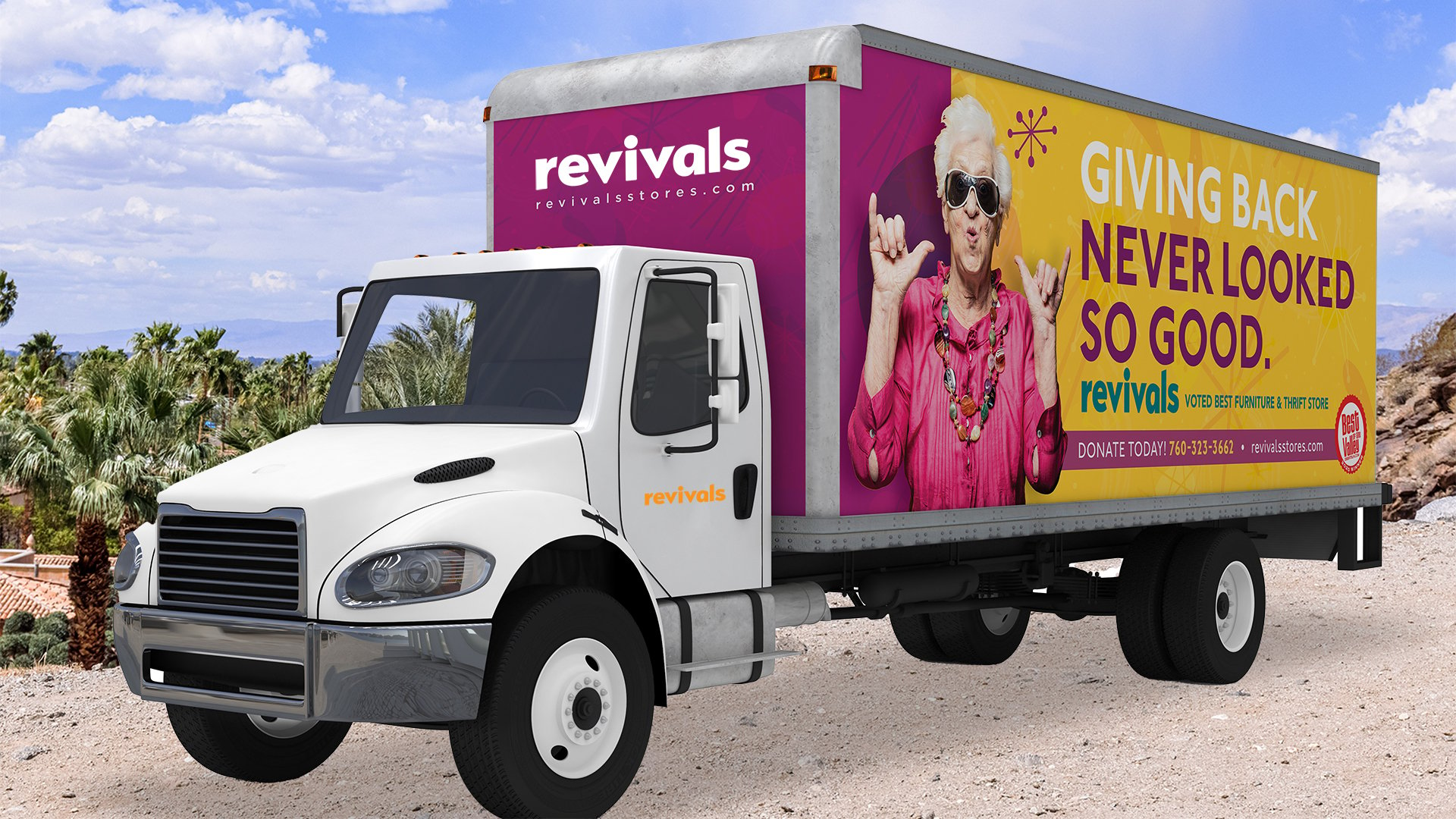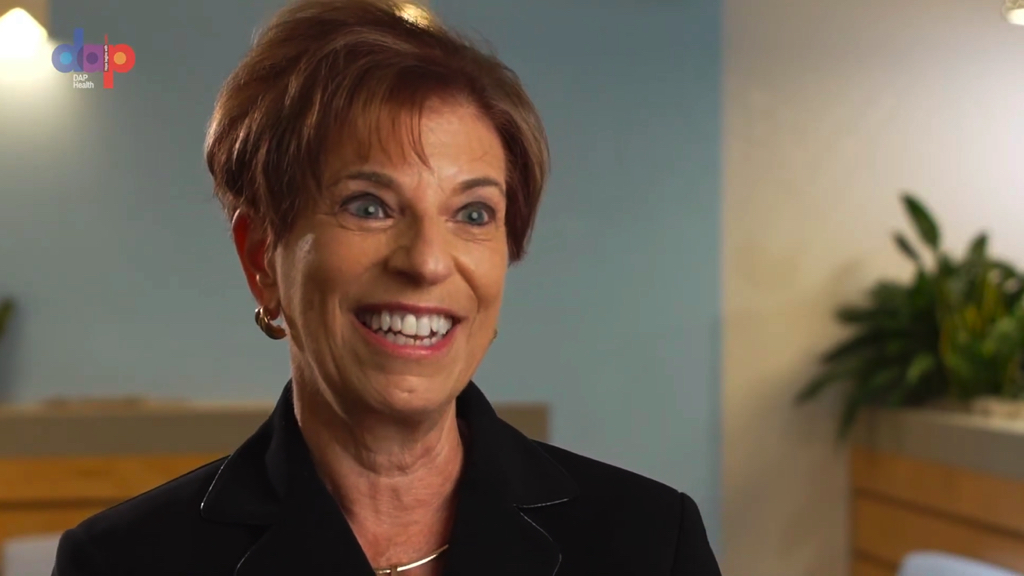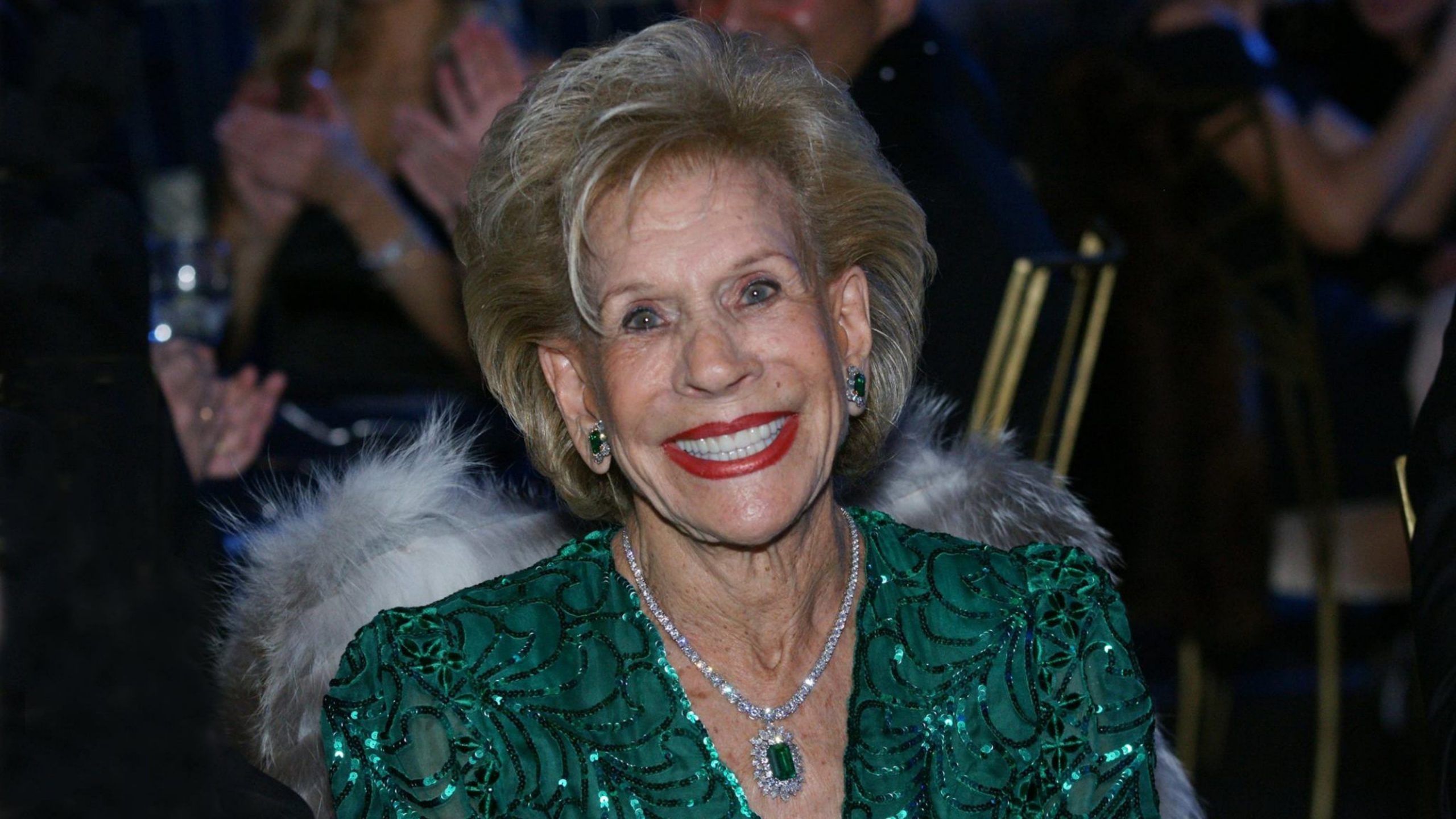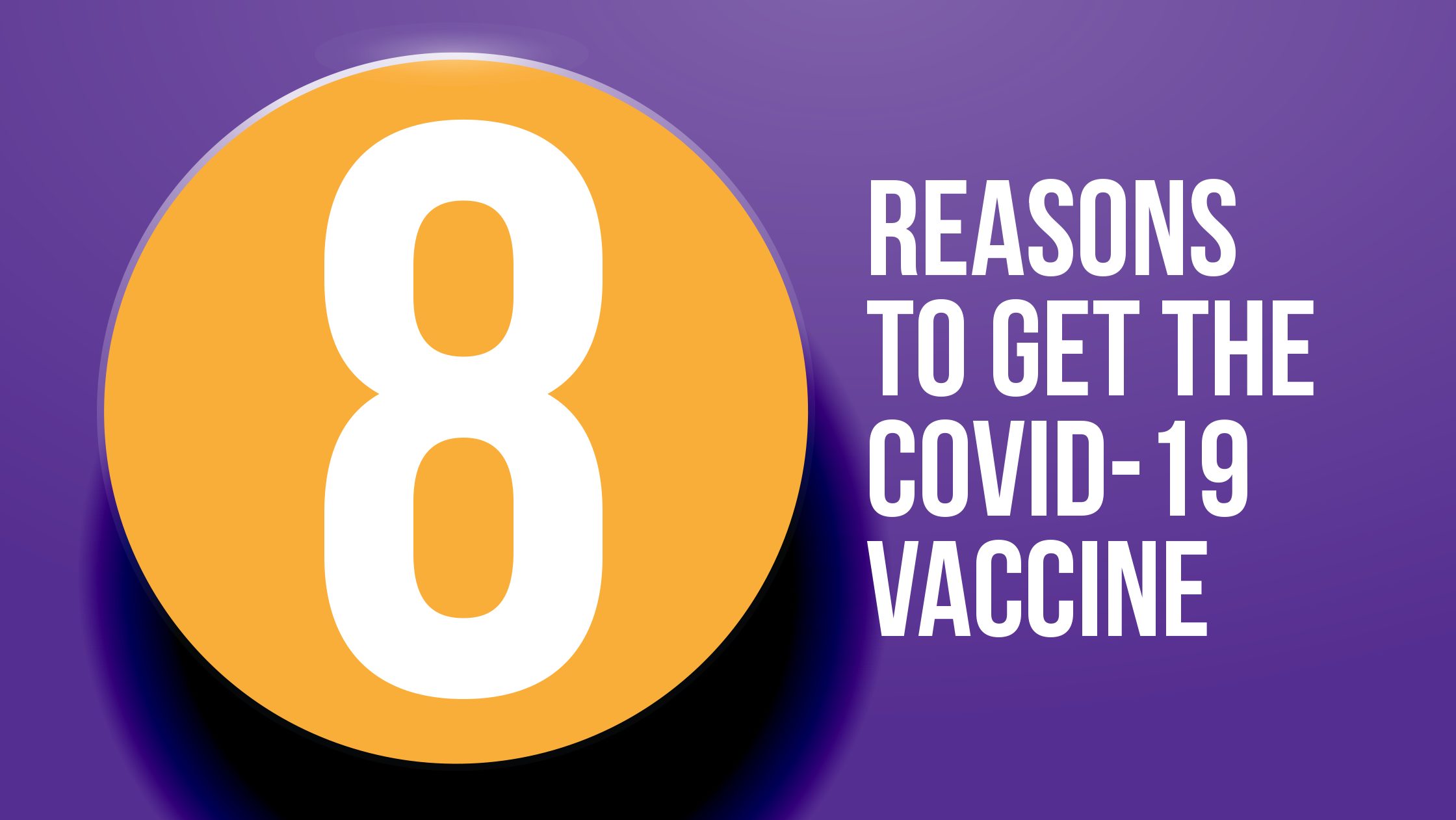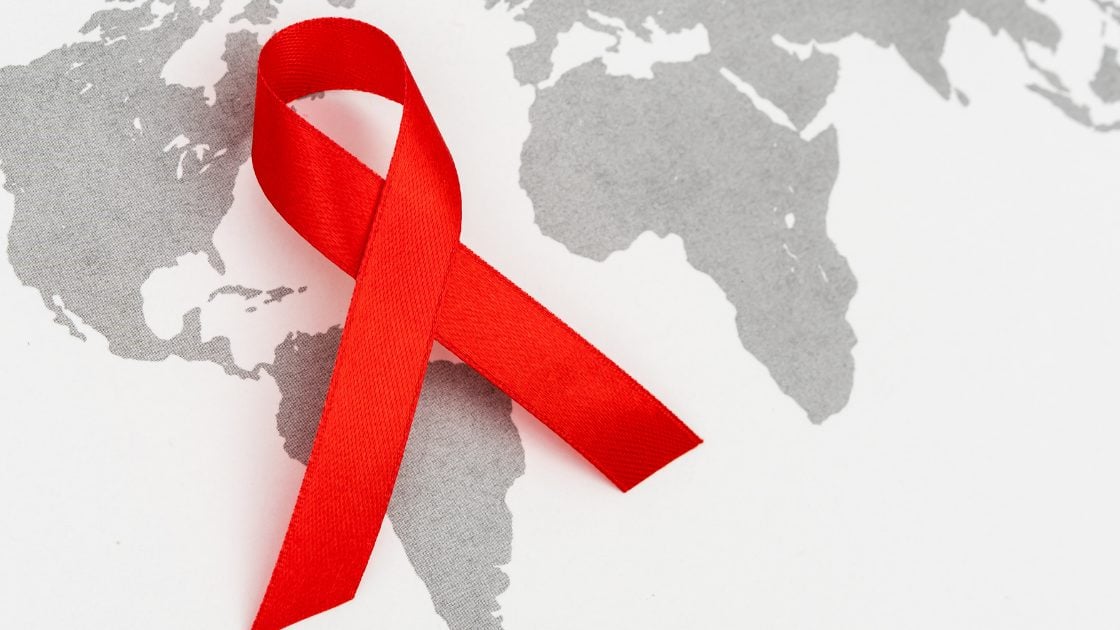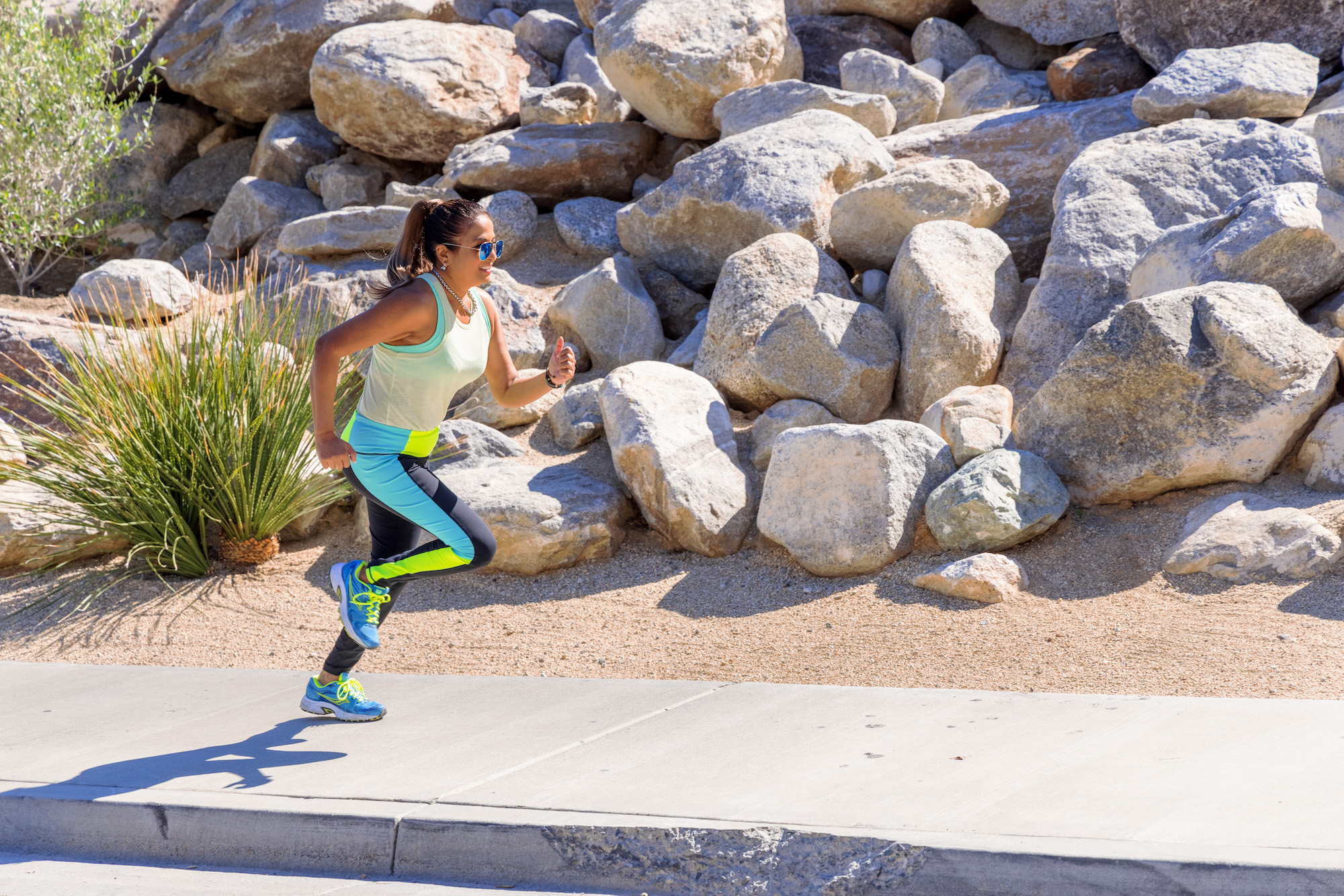
Five minutes with Dr. Tulika Singh
By Robert Hopwood
Dr. Tulika Singh is the director of research at DAP Health. She is a board-certified HIV specialist, infectious disease and internal medicine physician who has been working in HIV care since 2009.
Singh was born in India, where she went to medical school. She moved to the United States to enhance her education and completed her residency in Ohio. Her sister moved to Canada, but her mother still lives in India.
Before joining DAP Health, Singh completed an infectious disease fellowship in Wisconsin. She then worked at a couple of Michigan hospitals as a primary care, infectious disease specialist and an HIV specialist.
Since moving to California, Singh has settled into the Palm Springs lifestyle and has made the desert her home. People may be surprised to learn that Singh found her home on HGTV’s “House Hunters” show after moving to the Coachella Valley.
Learn more about one of the members of DAP Health’s care team.
Question: How did you get into HIV research?
Answer: I love doing research. That’s my newest passion. During my infectious disease fellowship from 2009 to 2011, I was awarded a prestigious award for my research. I then waited until I could do HIV-related research here at DAP Health.
Q. What did you want to do when you were young?
I wanted to be a dermatologist. But I started to see people with infections get better with the right antimicrobials and go on to live healthy lives. That’s when my passion shifted toward infectious diseases.
Q: Yoga is an integral part of your life. When did you start practicing it?
A: I started doing yoga in India when I was a toddler. Every morning I would do yoga with my father and sister before going to school. I continue to practice it for flexibility, peace of mind and its overall health benefits.
Q: You travel a lot. Where are your favorite places to visit?
A: I love traveling. I go to Mexico a lot, almost every three to four months. I have a timeshare there too, in Cabo. I also like vacationing in Hawaii. In summer I visit my sister in Toronto.
Q: How do you maintain an active lifestyle while traveling?
A: I used to travel quite a bit before COVID-19 happened. I was staying at hotels sometimes where there were no gyms or swimming pools. But I continued my lifestyle. I did yoga in my hotel room in the morning or went hiking or completed a seven-minute quick workout on my phone. I got my exercise out of the way, took a shower and was ready to start my day.













